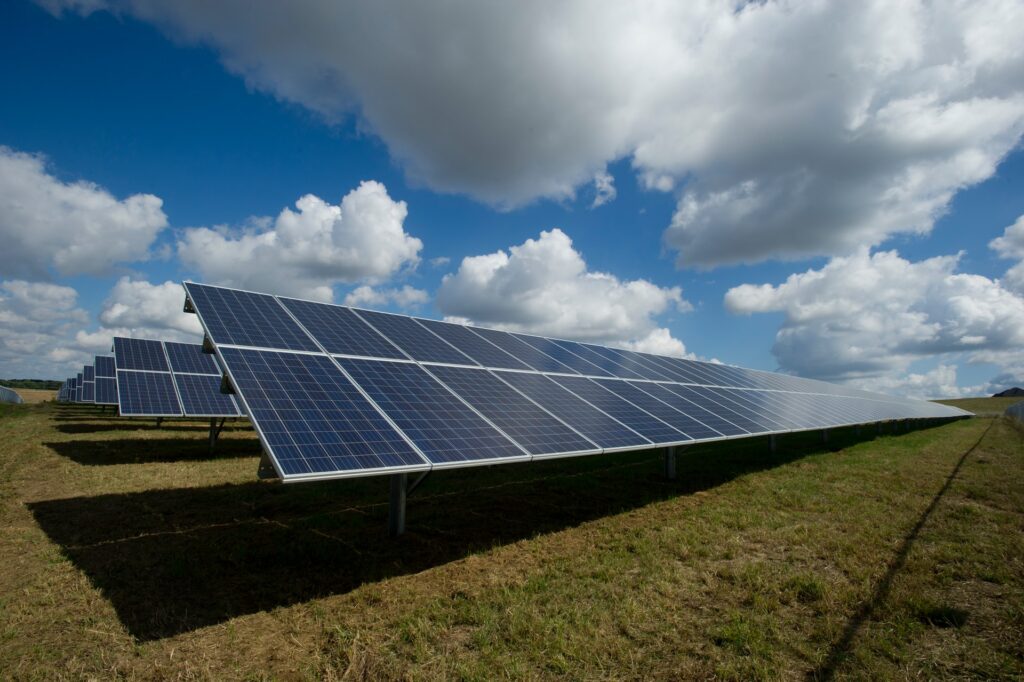Cryptocurrency like bitcoin has been in vogue for so many years. However, while bitcoin has become mainstream enabling borderless transactions and transcending all the physical barriers, and facilitating instantaneous payments, it is becoming a concern for the environment.
The mining of bitcoin uses a lot of electricity consumption thus making the whole process energy-intensive. In a simpler term, bitcoin mining, which is the process through which bitcoin is created, is purely dependent on electricity.
According to an estimate, if we assume that bitcoin is a country, its consumption would come in the list of the top 30.
Reasons why bitcoin uses energy
1. Verification Of Transactions

Bitcoin is a decentralized currency. It is not bound by any law and does not come under the gamut of any traditional governing body. In this case, to prevent any unprecedented crime such as theft and fraud or illegal transactions for that matter, every computer in the bitcoin network must have a blockchain.
A blockchain is a network that stores a full list of such transactions. Now, after every transaction, whenever any individual conveys bitcoin to another, the majority of computers engage in the process of verifying the transaction. This is crucial to keep the fraudsters or scammers at bay as it filters those transactions where individuals try to spend coins of which they aren’t the owners of and in a few cases where they make copies of coins they don’t own. This also prevents such scammers from spending such coins multiple times.
These transactions then get saved into the blockchain in groups or even blocks, roughly about every 10 minutes. Thus creating a web of transactions that is wholly dependent on computers and thus increasing the energy consumption ultimately on a global basis.
2. Mathematical Calculations Involved
As the whole process of blockchain is dependent on math, computers are required to run without rest, constantly. Blocks in the blockchain get added by whichever computer in the network finds a unique key which is the answer to a mathematical problem first. The first computer to do so gets a reward in the form of a certain amount of bitcoin.
These calculations can be solved only by trial-and-error method, this is done using the most powerful computers commonly known as rigs, which have the capacity to generate tons of hashes per second, no wonder they take a humongous amount of electricity.
3. Growing Consumers

The above-mentioned process is called mining. Over the years, the value of bitcoin has only risen, thus attracting new consumers and miners. As the number of miners increases, so does the difficulty of solving these mathematical problems, which thereby subsequently increases energy consumption.
The users of bitcoins have drastically increased over the past few years owing to its attractive benefits and this trend is in all probability going to go only upwards.
4. More Demand, Less Supply
Imagine this scenario; Today, tens of millions of miners devote their time and energy to bitcoin mining to solve the math puzzle and get the prize associated. However, not everyone wins the same.
Say if 1000 people do this, only 1 will get the prize while the other 999 people will lose. However, this is purely wasteful in the sense that 99 percent of machines that work on electricity just yielded no result. This creates an unimaginable amount of carbon emissions.
5. Unreliable Energy Estimate

Bitcoin’s energy consumption is not so difficult to calculate however, its carbon emission is much harder to just assume or make an educated guess about.
Things That Can Be Done To Reduce The Energy Consumption
1. Switching to a renewable source

The maximum amount of power that the whole bitcoin system uses depends on fossil fuels, that is electricity generated from fossil fuels. As the price of bitcoin rises, so does energy consumption. The alternate way to reduce this consumption can be switching to a more renewable source of energy.
This could be hydropower or solar energy or wind energy for that matter. When a large number of the population is diving into the cryptocurrency world, this consumption is only going to get larger and larger over the years. Thus it may serve as a prudent idea to turn towards more environmentally friendly ways to generate power.
2. Turning towards a more fool-proof system
The idea here is simply to ask miners to invest a small amount of cryptocurrency which shall be entered into a lottery for the chance to verify transactions. This would remove the competition in which the same problem is being solved by so many computers.
3. Pre-mining

Here, the transactions are still cross-checked through a decentralized system of the network; however, those who all are involved in the process are asked to pay a small transaction fee. This fee is asked to compensate the validators for their efforts as they do not always get rewarded in the traditional system.
4. Bringing bitcoin under the gamut of carbon credits
Today, almost every company or industrial set-up is required to limit its carbon emission, or pay the carbon tax or fees. This could also be the case in the upcoming future where each consumer has to pay such a fee. This would not only create deterrence in the minds of people where they would limit their consumption.
Conclusion
Bitcoin consumption is only going to increase over the years.
Organizations all over the world are pressing hard on the issue of energy consumption. On the face of it, can be considered as any other superficial issue, the question of energy consumption is intertwined with complex conversations.
As cryptocurrencies like bitcoins have now become mainstream, the questions regarding their environmental impact must not be fiddled with. The miners should ask themselves ” how much energy is worth spending on a monetary system like crypto-currencies”.
If you are someone who uses bitcoins for monetary benefits, you might as well ponder upon all the pros and cons associated with it. If you want to learn more about how you can invest in bitcoins, you can visit this site.








